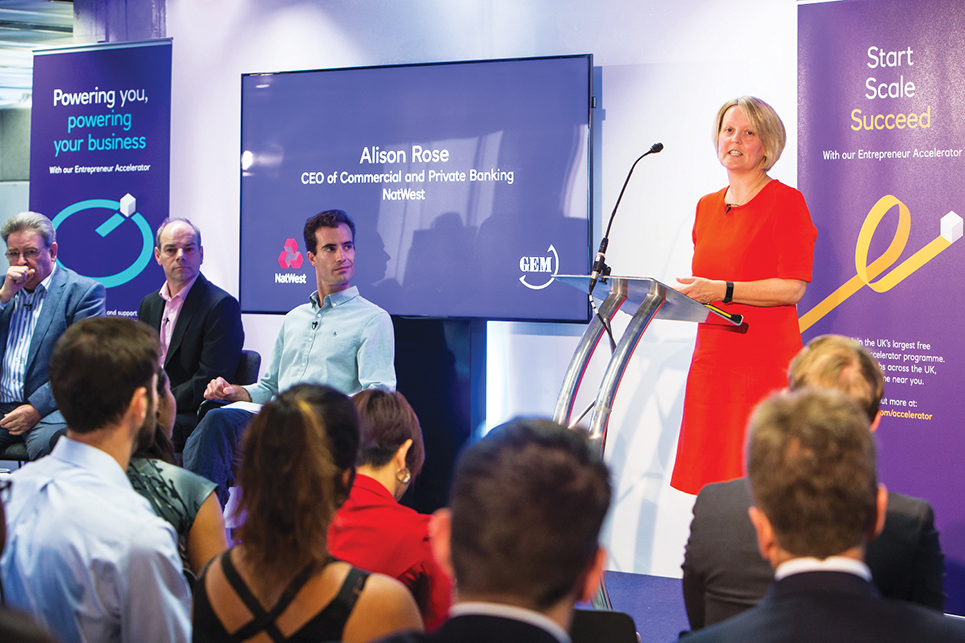
Everyone, it seems, has picked up a gong for something these days; or at least, that’s what we’re led to believe. Because increasingly, ‘award-winning’ is becoming just another bland piece of corporate filler, used with the same lazy, careless abandon as ‘quality’, ‘passion’, ‘dedicated’, ‘luxury’, ‘caring’, ‘solutions’, ‘service’ and ‘bespoke’. And, like them, it’s in danger of losing its punch, power and true meaning through simple overuse.
It’s partly because there are simply a lot more awards out there than there used to be. It feels as though you could, if you so wished, be submitting entries and attending ceremonies on an almost weekly basis. The other reason is that ‘award-winning’ is a claim that’s easy to make, quite difficult to disprove, and can cover the whole spectrum from a bronze swimming certificate to Chamber Member of the Year at the highly prestigious Surrey Business Awards.
For us as a business community, this is a real problem. Awards are – or should be – an incredibly powerful management and marketing tool. To customers, partners and competitors, they provide objective endorsement and mark of approval for our skills, capabilities and offering. Internally, they recognise individual and collective achievement, inspiring and uniting your team in the knowledge that their efforts are seen, appreciated and valued. To win an award is to have made a difference, and there are few more potent sources of motivation than that.
The risk is that the sheer number and scope of the awards out there turns them into mere rubber stamps, trophies collected for their own sake, or self-congratulation. Putting yourself up for an award should feel slightly scary. Completing the entry form is a chance to reflect on and judge your own performance, so it can be a highly revealing and useful exercise, regardless of whether you win, or even submit it.
It’s also important to choose which of today’s plethora of awards you go for. Look for those that align with your brand values, help you build your brand story, and mean something to the audiences and markets you’re trying to reach. Then, having decided to try, hold nothing back: if it’s going to mean anything to your market, it has to be a big deal for you, too. Remember that ultimately, it’s for them, not just for you. That way, everyone’s a winner.






